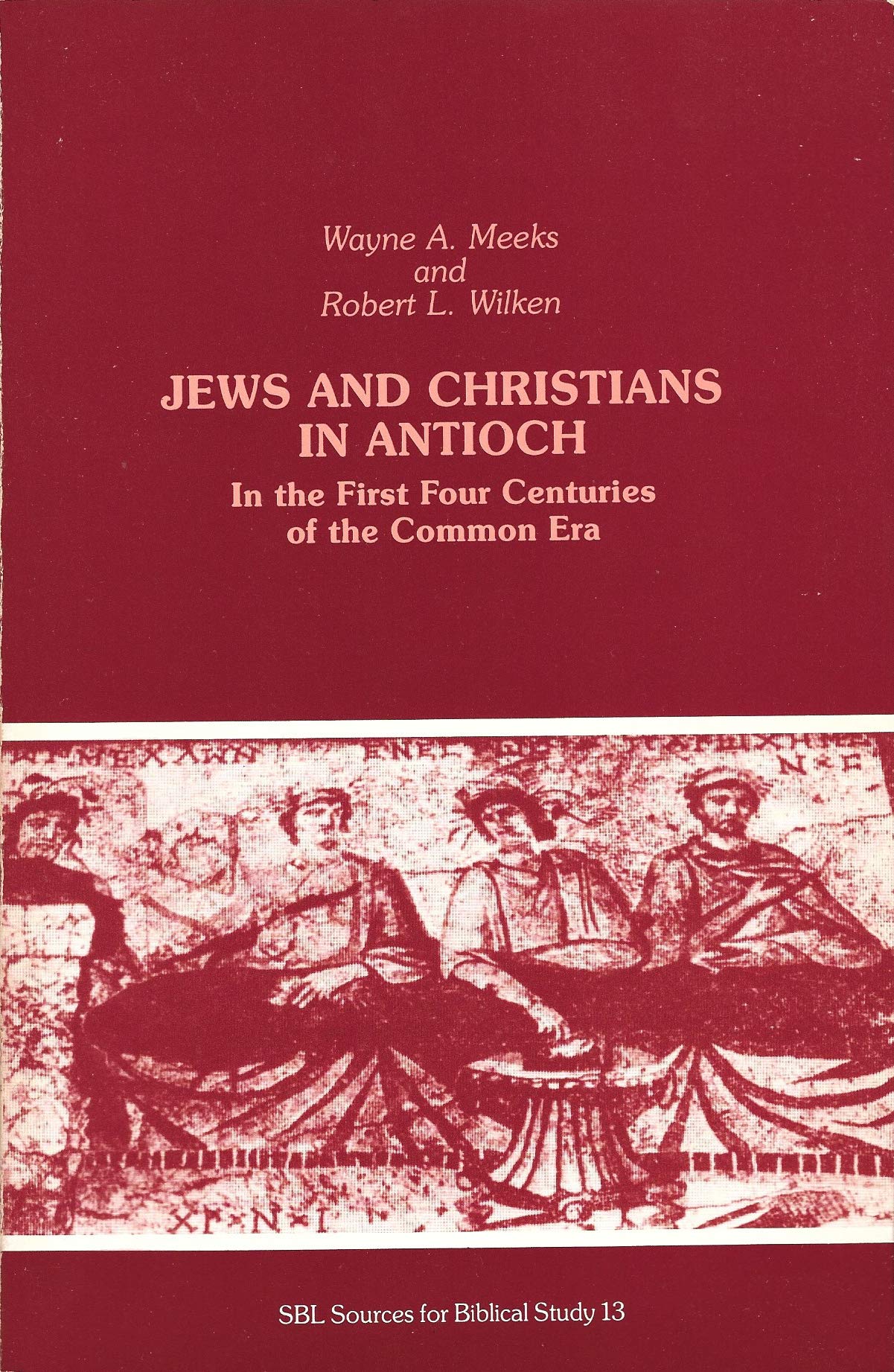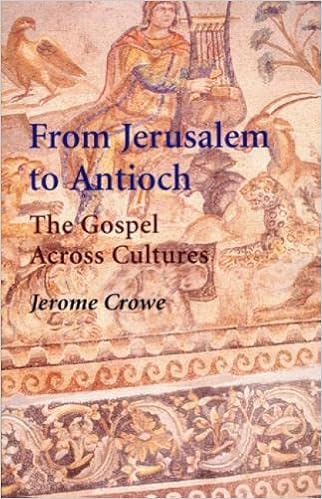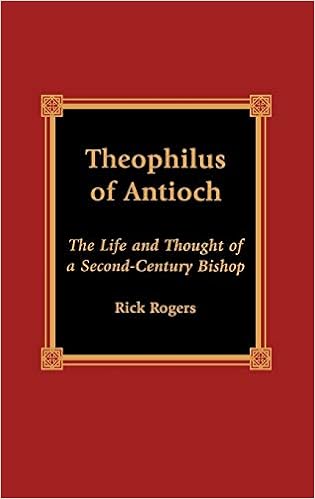We don't know much about Theophilus as
it turns out, and Rogers's book doesn't tell readers much more as a
result. Although the book's subtitle promises “a life,” we get
few details of that. What we know of Theophilus mostly comes from his
three-volume work, To Autolycus,
and it is that which Rogers spends most of his book
recounting—quoting passages from it, and then explaining what those
passages mean. I didn't feel like I gained much from the work's first
two-thirds. It's been a while since I read Theophilus's work, so the
summary was useful, but a rereading of his volumes would have served
much the same value. I was hoping for more background, more cultural
insight. Most of what we get in that regard is Rogers's breakdown of
the volumes into three kinds of works, explaining how to see the work
as an apology, as it is usually read, is perhaps not quite as useful
as seeing it as also a teaching work.
Where
the book grows most useful is in its final third, where Rogers does
his true analysis of the subject. Here, he plays off the work of R.
M. Grant, whose work he also summarizes. Grant's thesis on Theophilus
largely claims that the man was a low-Christology adoptionist (one
who believed that Jesus has no prebirth divinity and who was
“adopted” as divine at the start of his physical life) of a
Jewish stamp (much like the Ebionites). Rogers critiques this view,
arguing that although Theophilus claims to be a Christian yet talks
very little about Christ in his work, the work was largely intended
for a particular purpose that did not require extensive discussion
about Christ's role (indeed, such discussion may have turned off his
intended pagan audience). As such, it's difficult to assess
Theophilus's view of Christ.
That
Theophilus was viewed favorably by later early writers such as
Eusebius and Jerome, however, suggests to Rogers that he was
“orthodox enough” and that his view of Christ may well have been
more line with thinkers like Ignatius and Ireneaus. Indeed, Rogers
points out, Theophilus's heavy emphasis on law keeping would seem to
suggest a closer tie to emphases that the writer James makes in his
New Testament letter rather than views outside the pale. (Rogers sees
James and Paul not so much as opposites—Paul had his own way of
emphasizing the efficacy of the law—but as writers who emphasized
different aspects of faith.) Theophilus talks little of the death of
Jesus allowing the forgiveness of human sin (indeed, doesn't really
mention it), instead emphasizing, like James, that Christian faith
(and the salvation that comes with it) demands an adherence to high
ethical standards set forth in Scripture. Such emphasis would have
played well to Theophilus's purpose of attempting to win interest
from a non-Christian, who would have been more drawn to the ethical
dimensions of Christianity than to the theological ones.








